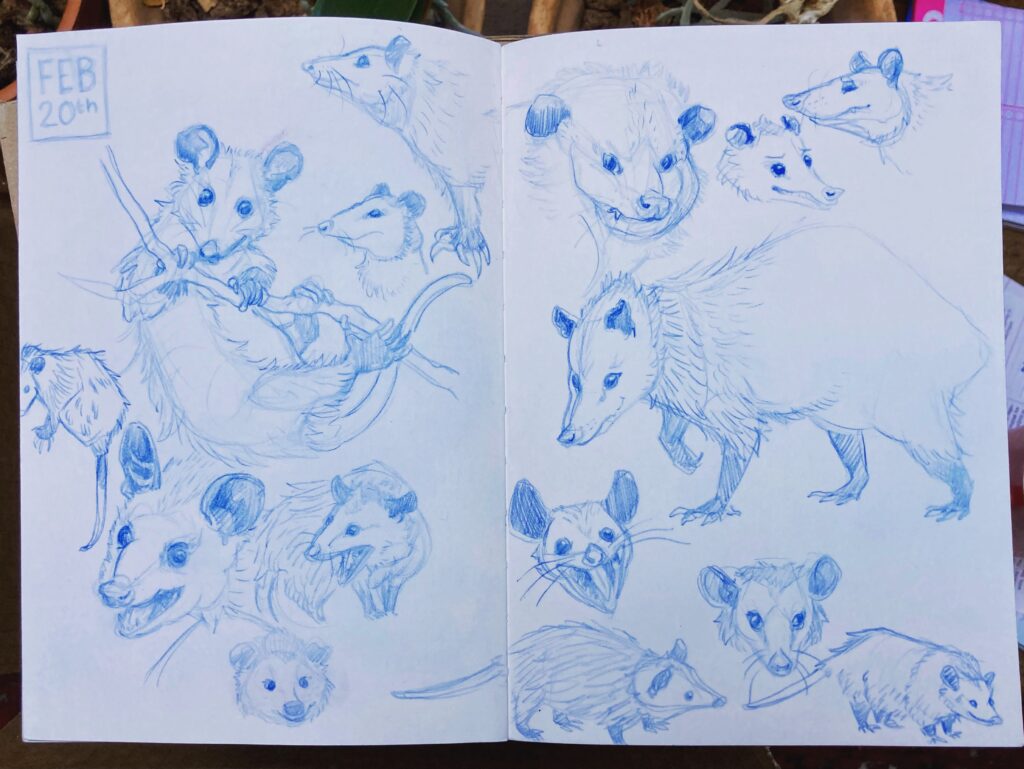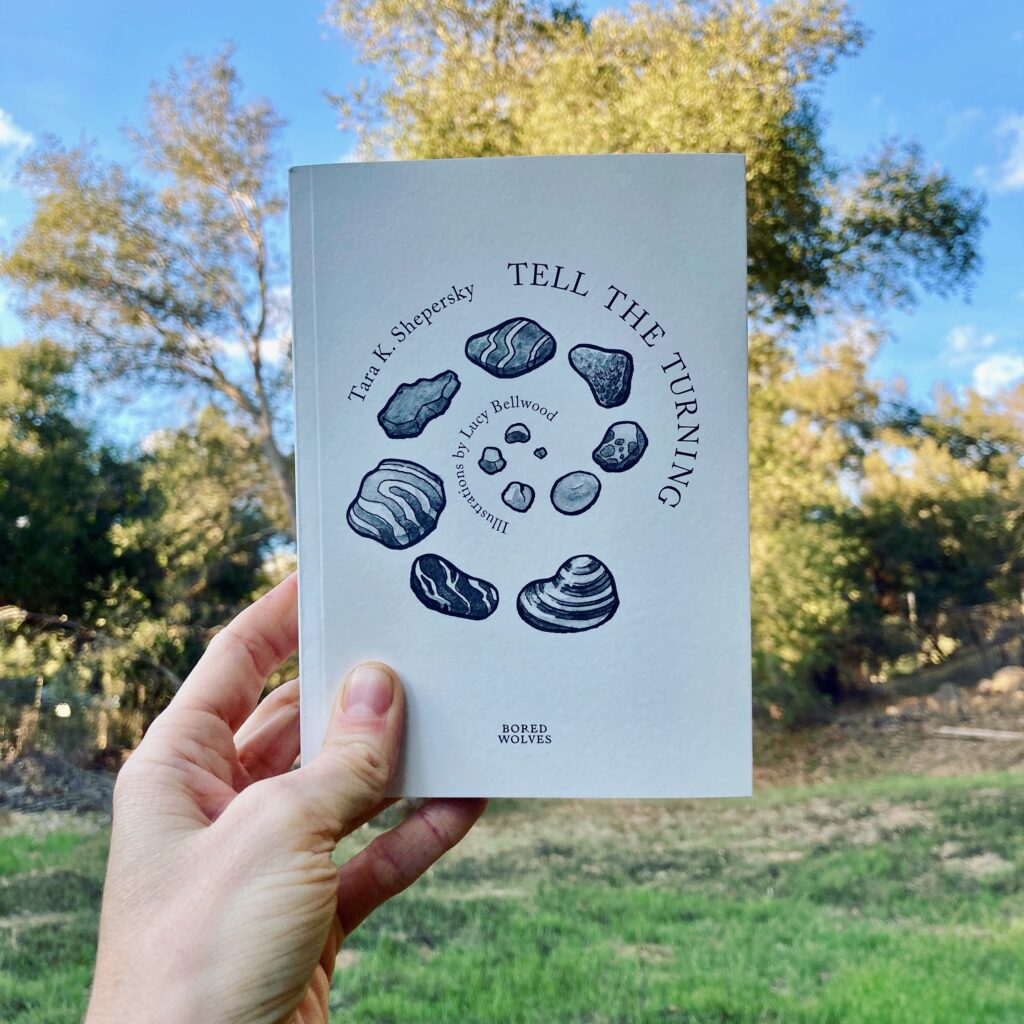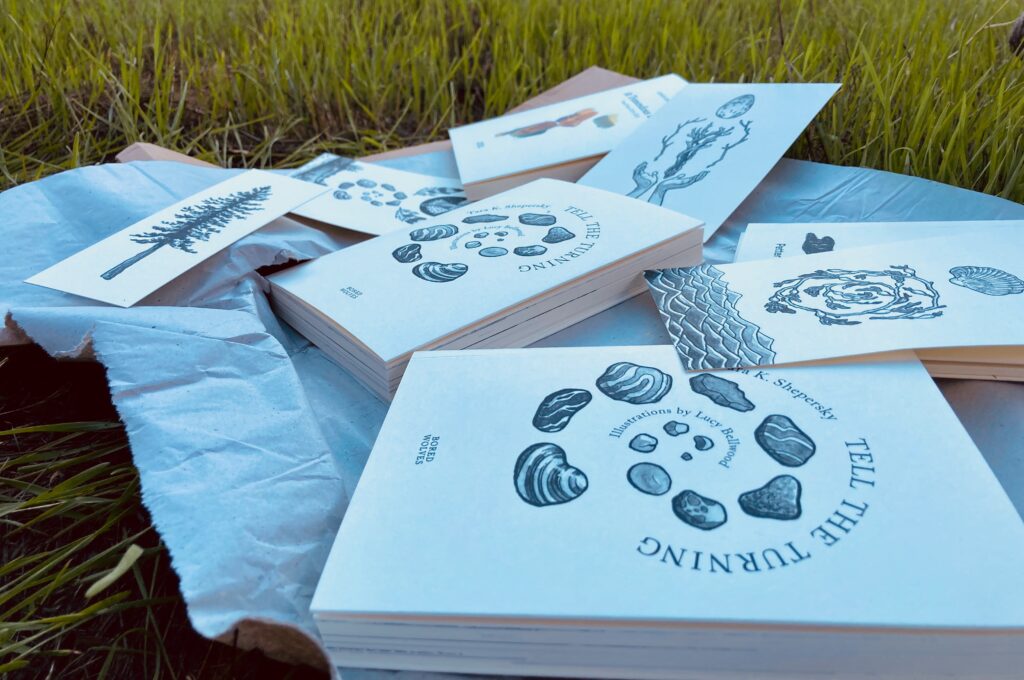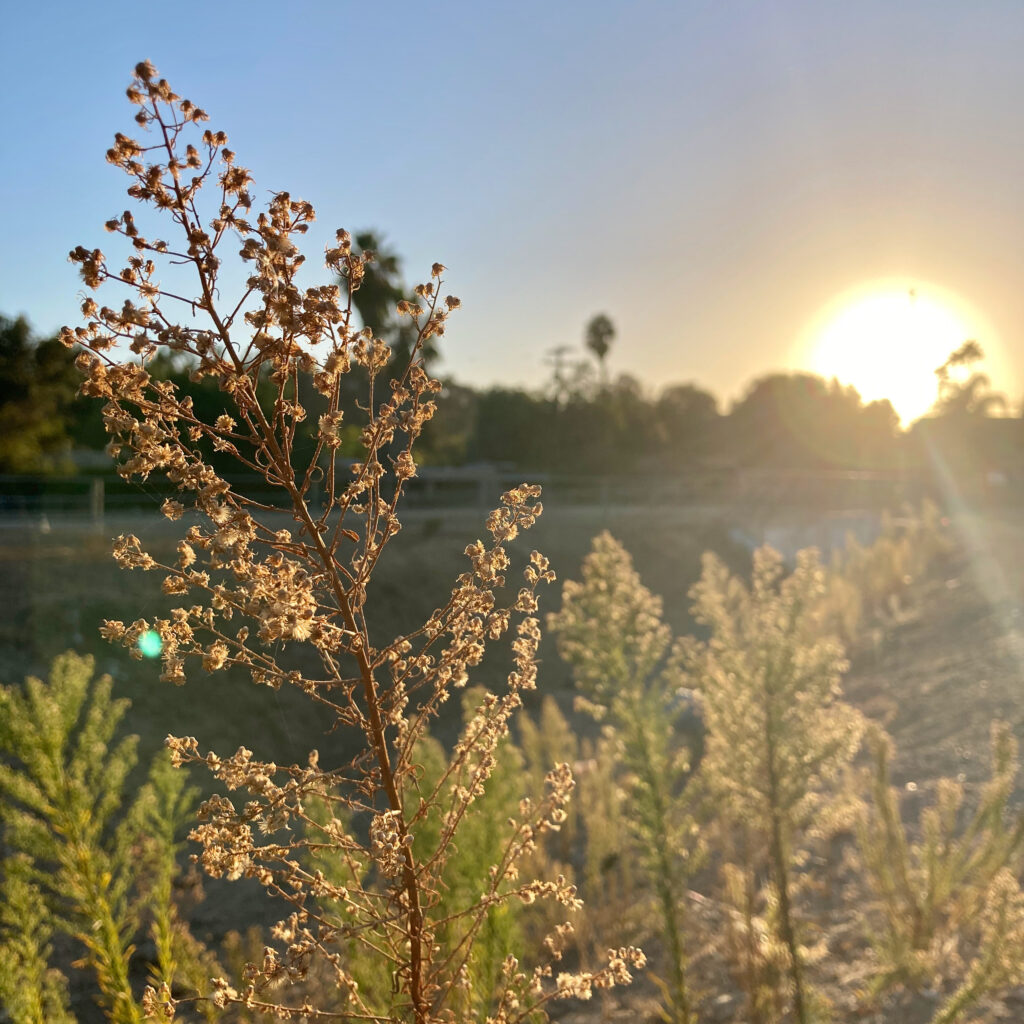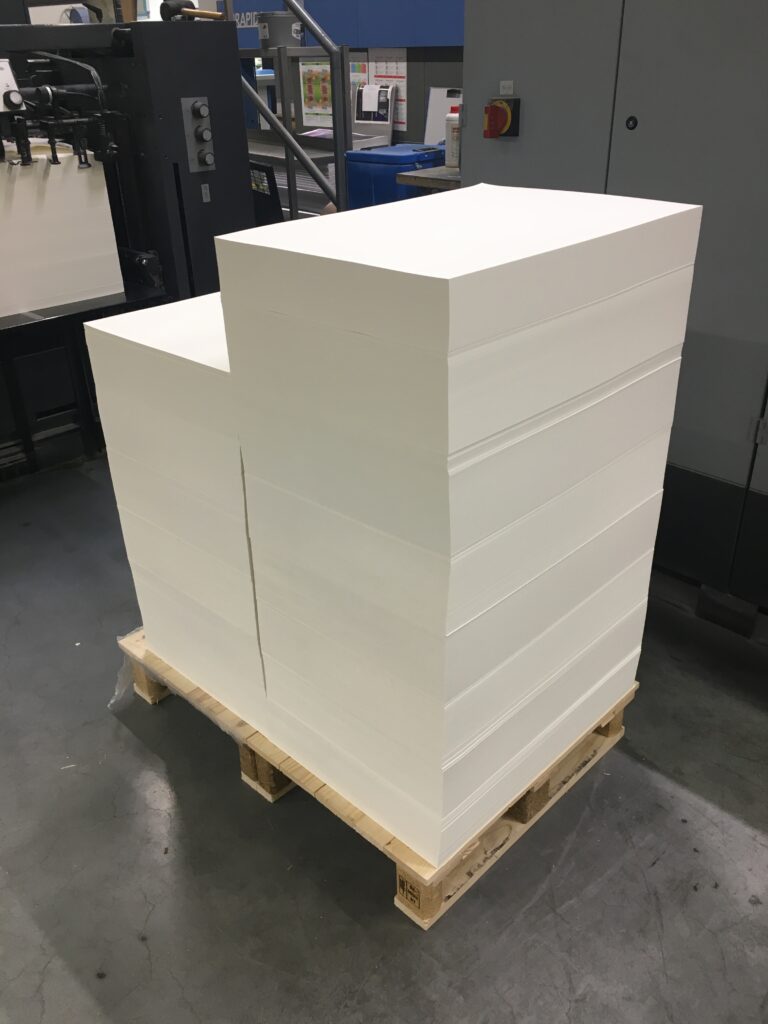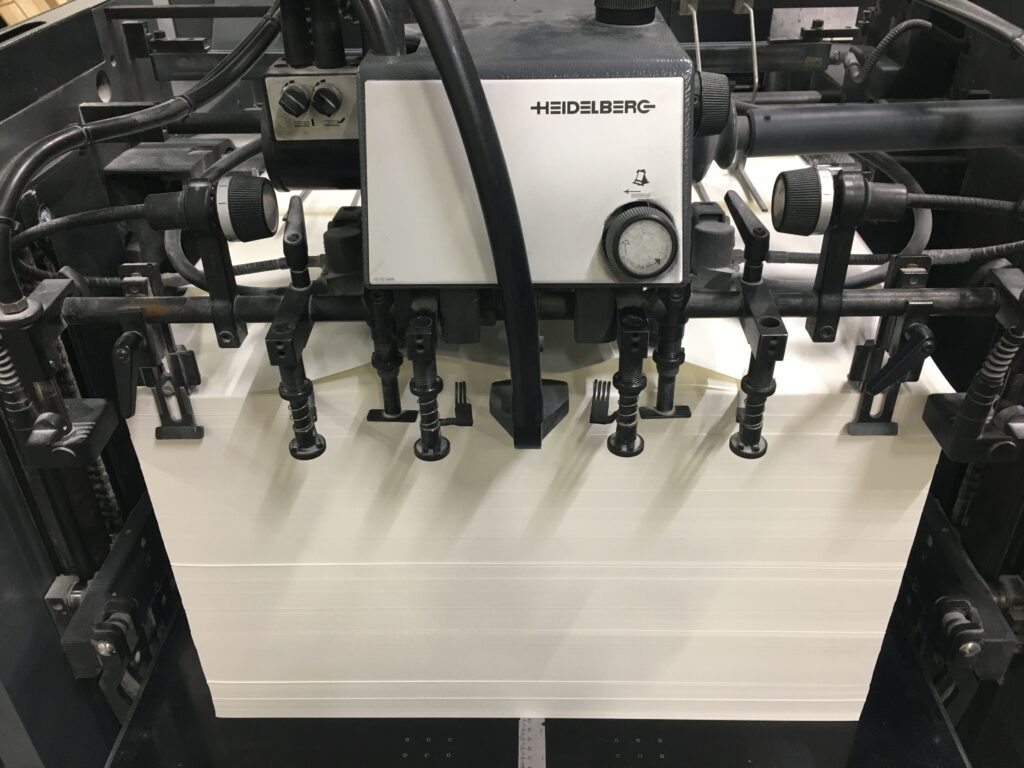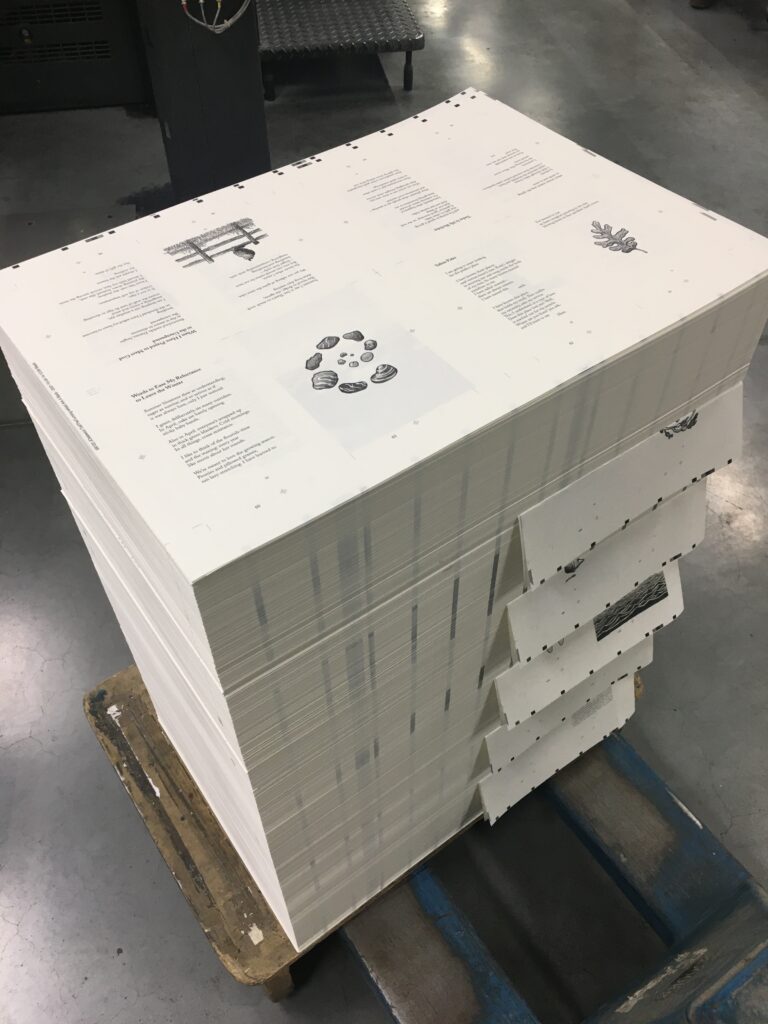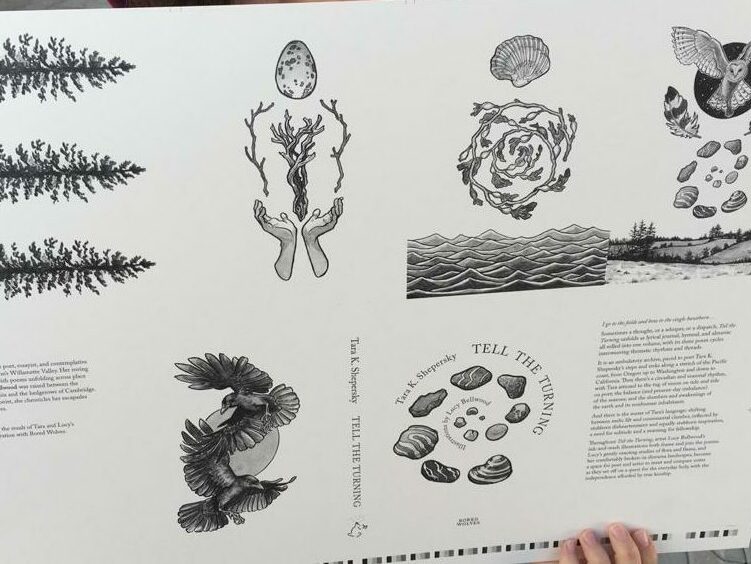Robin and I were texting about Arion Press yesterday, drooling over their edition of Oscar Wilde’s fairy tales. I mean, just look at this thing:
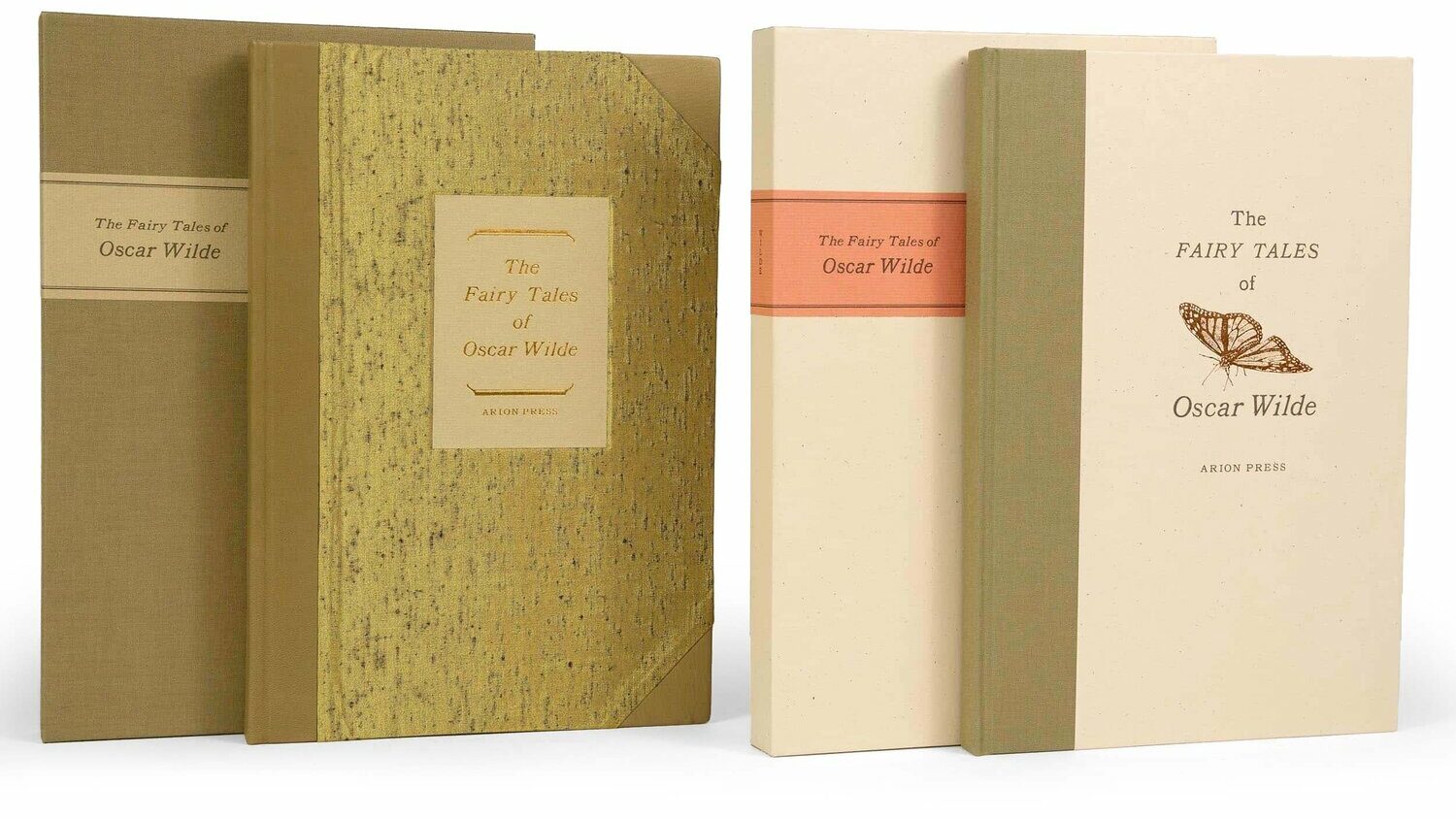
HOMINA HOMINA HOMINA. That BINDING! The ILLUSTRATIONS! The DROP CAPS!
Also it starts at SIX HUNDRED AND EIGHTY DOLLARS!
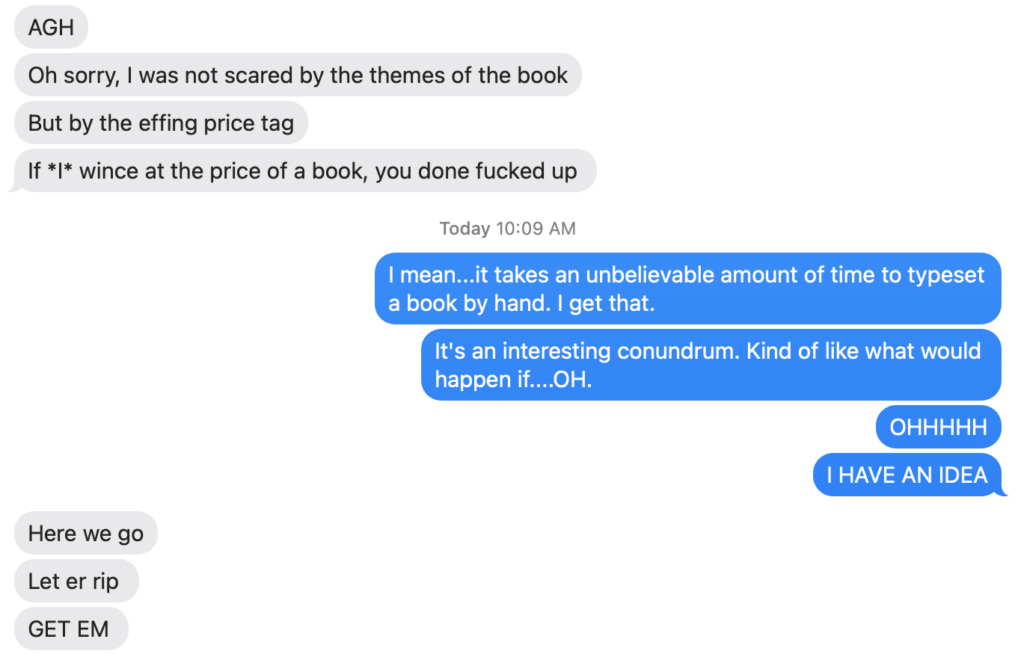
OKAY SO.
Creative work is often priced on a bafflingly subjective scale of value—one which can deviate wildly from the amount of time invested in the piece depending on a variety of other factors (edition size, physical scale, desirability, intended audience).
With commercial art, the equation is often simpler—although of course we’re all raising our rates over time to compensate for increased skill and swiftness in execution (right?). We often bill more like tradespeople than “fine artists”.
But with a fine press book, there are two vectors: the status associated with the object itself, yes, but also the sheer enormity of time required to typeset an entire book by hand. This is the first example that’s really resonated in my head as a decent point of comparison for how long graphic novels take to produce.
It’s a lot.
I’m tracking my time on Seacritters! because a) I love data and want to understand exactly how long it’s taking me to do everything and b) I think it’s going to be really valuable (read: sobering) to sit with the reality of how long it takes to make a graphic novel relative to the money involved.
I’ve only roughed in 73 pages of a book that will likely clock in around 350 and it’s already taken 63 hours of labor. For roughs. There are still refined pencils, inks, and colors left to go. My guess is that it’ll be about five hours of work per page at least, which means we’re looking at 1,750 hours just to complete the art itself—not including time spent fielding notes from the editor or anything aside from pure drawing. (The average American full–time (i.e., benefitted) employee works 1,801 hours per year.)
If I were to apply a freelance rate of $90/hr to that time estimate, I’d clock in at $157,500 per book. I’m guessing at an overall timeline of 2 years per book, so that shakes out to $78,750 a year. The publishing industry isn’t currently paying artists that kind of money, so where would it need to come from?
The fine press book market feels like one potential answer to this thought experiment.
What would it really take for cartoonists to be paid fairly for the work they do? What happens to the accessibility of my work if I’m paid what I’m worth? Would the cost be passed on to the consumer or shouldered by the publisher? Who could afford the resulting product?
I really believe that art is meant to be shared. I want to make things that people can afford. When I was just starting to learn about the world of fine presses and letterpress and Artists’ Books in college, I remember being deeply frustrated by the fact that these creators—many of whom were working with themes of tactility, interaction, and accessibility—were making work that got sold for hundreds of dollars to private institutions, who then kept it in small rooms known only to a small subset of people.
It all felt so prohibitive.
(Something I’ve always loved about McSweeney’s Quarterly Concern is that they publish some truly batshit Artist Book-like objects, but they’re generally under $30 a pop. That’s accessibility.)
But wait.
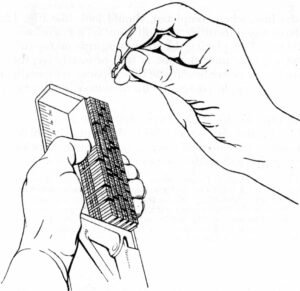
Do I really know how long it takes to typeset a page by hand? I text Glenn, because one should always have a letterpress nerd on speed-dial. He sets me straight: maybe a little over 2 hours per page by hand, but 5-10x faster by machine (Monotype). I dig a little deeper and find that the Arion Press edition is set in Monotype with some bits done by hand.
So maybe it’s not quite the same.
Still, this was useful.
